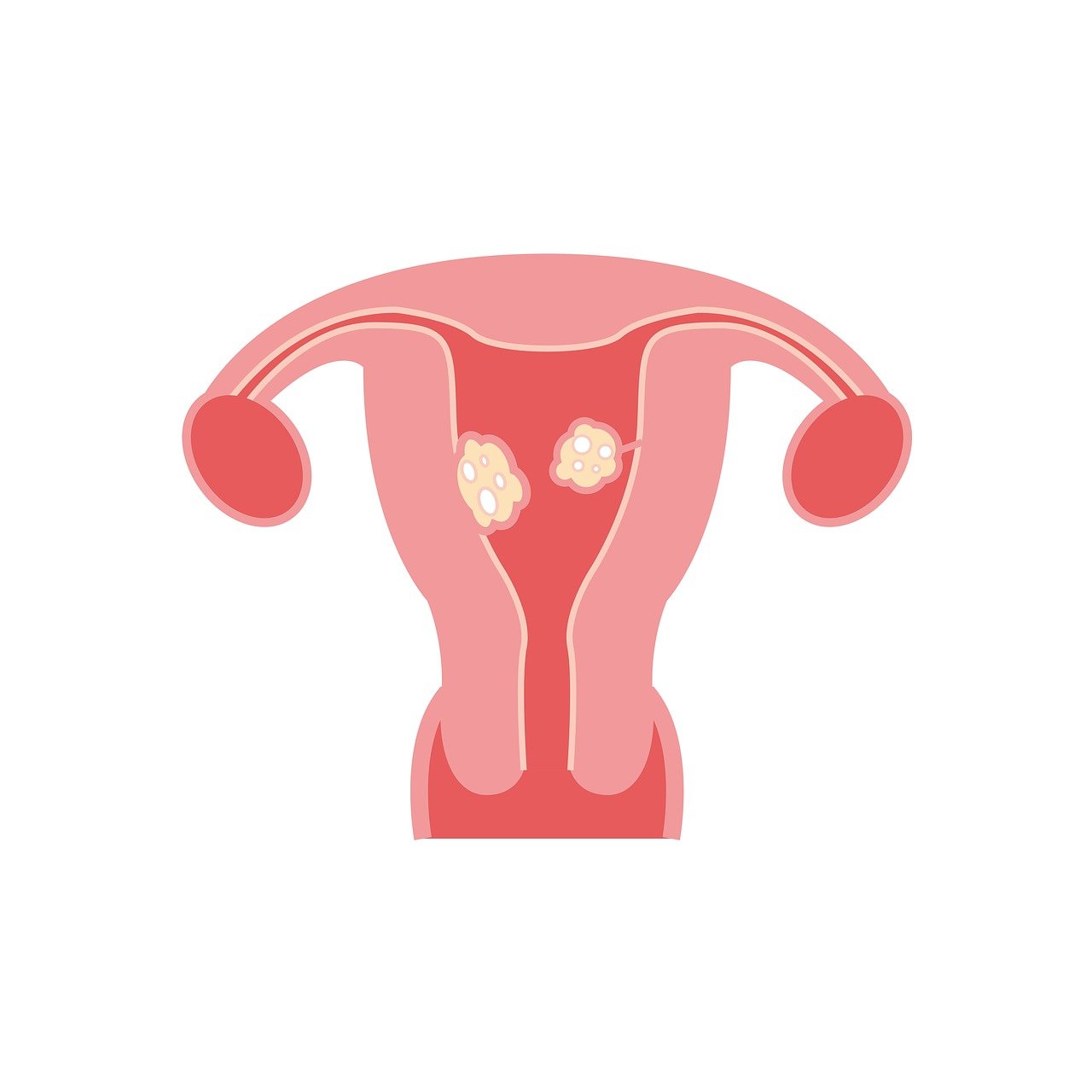Menstrual Dysfunction (Irregular Periods) - Overview
Menstrual periods typically last between 4 and 7 days. Usually, women's periods occur every 28 days - normal cycles can come between 21 and 35 days.
Symptoms:
- Periods that occur less than 21 days or more than 35 days apart
- Menstrual flow is heavier or lighter than usual
- Periods that last longer than 7 days
- Pain, cramping, nausea or vomiting during periods
- Bleeding or spotting that happens between periods, after menopause or following sex
- Missing 3 or more periods in a row
Menstrual Dyfunction examples:
- Amenorrhoea - when a women's periods have stopped completely. Going over 90 days without a period is considered abnormal unless you are pregnant, menopausal or breast feeding.
- Oligomenorrhoea - infrequent periods.
- Dysmenorrhoea - painful periods and severe menstrual cramps. Some discomfort during periods is normal.
- Abnormal uterine bleeding may apply to a variety of menstrual irregularities, including: a heavier menstrual flow; a period that lasts longer than seven days; or bleeding or spotting between periods, after sex, or after menopause.
What causes Menstrual Dysfunction?
There are many potential causes of menstrual dysfunction ranging from minor factors such as stress to more serious underlying medical conditions:
- Stress and Lifestyle Factors - significant weight loss or gain, dieting, exercise, travel, illness or other disruptions to your daily routine can impact your menstrual cycle.
- Birth Control Pills - most birth control pills include hormones which control periods . These can disrupt your periods after you decide to finish taking birth control.
- Uterine Polyps or Fibroids - these growths (polyps) or tumours (fibroids) are usually benign but can vary massively in size, potentially causing discomfort, pain, or excessive bleeding and pain during periods.
- Endometriosis - Endometriosis occurs when the endometrial tissue starts to grow outside the uterus and can cause heavy bleeding, cramps or pain before or during periods, and pain during sexual intercourse.
- Pelvic Inflammatory Disease (PID) - a bacterial infection that affects the female reproductive system. Symptoms include heavy vaginal discharge with an unpleasant odour, irregular periods, pain in the pelvic and lower abdominal areas, fever, nausea, vomiting or diarrhoea.
- Polycystic Ovary Syndrome - this makes the ovaries produce large amounts of male sex hormones (androgens) which can prevent eggs from maturing. Women with PCOS may have irregular periods or stop menstruating completely.
- Premature ovarian insufficiency - this occurs in women under 40 whose ovaries don't function properly. Similarly to menopause, the menstrual cycle stops. This can occur in patients being treated for cancer with radiation or chemotherapy, or if you have a family history of this condition.
- Uterine or cervical cancer
- Medications, such as steroids or anticoagulants (blood thinners)
- Bleeding disorders, thyroid issues, or pituitary disorders that affect hormonal balance.
- Complications from pregnancy including miscarriage or an ectopic pregnancy (when the fertilised egg is implanted outside of the uterus, e.g. in the fallopian tube).
Diagnosis for abnormal menstruation:
You should keep an accurate record of your period if any aspect of your menstrual cycle changes: this should include when your period begins and ends, the amount of flow and whether you pass any large blood clots. Also keep track of any other symptoms mentioned above.
Your specialist will also ask you about your medical history and your menstrual cycle. They will also perform a physical examination, including a pelvic exam and sometimes you may need a smear test. Other tests may be required including:
- Blood tests - these can rule out other medical conditions such as anemia
- Vaginal cultures - to test for infections
- Pelvic Ultrasound - to check for polyps, fibroids or an ovarian cyst
- Endometrial biopsy - a sample taken from the lining of the uterus to diagnose endometriosis, cancerous cells, or hormonal imbalance. Endometriosis can also be diagnosed with a laparoscope, where a thin, telescopic camera is inserted through a small cut in the abdomen.
- Hysteroscopy to look for polyps or fibroids in the lining of yuor womb
How can Menstrual Dysfunction be treated?
Treatments for Menstrual Dysfunction depend on the underlying cause:
- Hormones - oestrogen or progestin may be prescribed to control heavy bleeding
- Painkillers - Ibuprofen is often recommended for pain relief. Aspirin is not recommended as it may cause heavier bleeding. Warm baths and showers can help to ease cramps.
- Fibroids - these can be treated with medication such as painkillers or removed surgically
- Endometriosis - painkillers are available to ease symptoms, and hormone treatments can help to prevent the overgrowth of uterine tissue and reduce the amount of blood loss during menstruation.
- Endometrial Ablation: This is suitable if you have completed your family. The lining of the womb if heated and destroyed to stop and reduce the menstrual bleeding.
Can Menstrual Dysfunction be Prevented?
Menstrual Dysfunction cannot always be prevented, but these measures can help to reduce the risk of it developing:
- Healthy lifestyle - Keeping a normal body weight helps to reduce the risk of developing period problems and also lowers the risk of womb cancer. Regular exercise and balanced nutrition is recommended. If you are struggling to lose weight please speak to a professional.
- Take regular pain relief around your periods.
- Try meditation or other relaxation techniques.
- Use birth control pills or other contraceptive methods as recommended by a specialist
- Change your tampons or sanitary pads every four to six hours to prevent infections and avoid sepsis
- See a doctor regularly for check ups and advice.



